Food waste, together with the amount we throw away, has been of environmental and socioeconomic concern since as early as 1915 in the United Kingdom. With increased media coverage and more calls for the British public to think sustainably in order to reduce the amount of food waste that’s going to landfill, the Government has been forced to step in.
By the year 2000, the Government created and pumped funds into the “Waste and Resources Action Programme” (WRAP), specifically set up to tackle the food waste issues at the time. Despite this, it was still clear that further measures were needed to drive the amount of food waste down, prompting more action from the Government.
“Love Food, Hate Waste”
In 2007, the “Love Food, Hate Waste” campaign launched, helping to raise awareness of the food waste issues at hand. During that time, they found that British households were wasting 6.7 million tonnes of food on average a year.
The issue became so concerning that it was eventually discussed at the 34th G8 summit in Japan. The Prime Minister at the time, Gordon Brown, said of the crisis; “we must do more to deal with unnecessary demand, such as by all of us doing more to cut our food waste”.
Since its launch, “Love Food, Hate Waste” has partnered up with community organisations, chefs, the British Government, a range of UK businesses and local authorities in order to reduce the amount of food waste that’s being generated throughout the country.
As such, by 2009, “Love Food, Hate Waste” claimed that they had prevented over 137,000 tonnes of food being wasted that same year, subsequently saving British households over £300 million. To keep this going, they launched a website that contains a whole host of information for keeping food waste down.
Specifically, there are a number of recipes available that will ensure you’re able to use up all the leftover food that sits in your fridge, freezer and even your cupboards, meaning you’ll spend less on food and end up sending less to landfill.
The Government’s war on waste
The “Love Food, Hate Waste” campaign wasn’t the only programme that was set up to tackle the food waste issue. In 2009, the then-Environment Secretary, Hillary Benn, announced the Government’s “war on waste”. The innovative scheme involved plans to do the following:
- Scrapping ‘best before’ dates
- Limiting ‘sell by’ dates
- Creating new food packaging sizes
- Constructing more ‘on-the-go’ recycling points for members of the public
- Unveiling 5 flagship anaerobic digestion plants
According to the Defra Press Office, the UK is a global leader in the race to tackle the food waste issue. By 2025, the British Government pledged to reduce food waste by as much as 20%, something they believe will be achievable due to total food waste levels falling by as much as 480,000 tonnes between 2015 and 2018.
In addition to that, the Environment Bill wants to completely eliminate food waste from landfill sites by 2030, with a Defra spokesperson stating that; “nobody wants to see good, nutritious food going to waste and harming our environment, which is why we’ve committed to eliminating food waste from landfill…as part of this we will be working closely with local authorities to end confusion over household recycling and ensure food waste is routinely collected from every household, business and organisation across the country”.
With projections such as this, it’s evidently clear that the British Government are still committed to their ‘war and waste’ and all that it involves in order to reduce food waste as much as possible over the coming years.
What are the most wasted household foods in the UK?
According to UK Harvest, there are several food types that British households waste every single year, and it’s mainly fruit and vegetables:
Potatoes
The average British household wastes around 5.8 million whole potatoes every single day. There are a number of things that you’ll be able to do with your leftover potatoes, including:
- Cutting off the sprouts
- Sautéing them and using them as a side dish
- Thinly slice them and place in the oven for homemade crisps
- Cut them into wedges, sprinkle with paprika and bake in the oven as a cheaper, healthier alternative to chips
- Use the potato skins to make a delicious vegetable stock
Bread
There are 24 million slices of bread that are wasted in the UK on a daily basis, mainly because they don’t have a very long shelf life. But if you find stale bread in your cupboard, don’t throw it away, instead, you could:
- Bake your own breadcrumbs for homemade chicken kievs, scotch eggs, breaded chicken and more
- Make a bread and butter pudding
- Break it up and use in soup as homemade croutons
Milk
Every single day, the average British household will waste 5.8 million glasses of milk! Instead of pouring your leftover milk down the drain, you could use it for other things, including:
- Blend it to make a smoothie
- Use it to whip up a milkshake
- Bake some sour milk scones
- Make some sour milk pancakes
Bananas
1.4 million, perfectly edible bananas are being wasted in the UK alone. If they’ve gone speckled or even brown, then you’ll still be able to use them. Give the following a go:
- Freeze them and save them for another day
- Cut them up and blend to thicken up a smoothie
- Bake banana bread
- Make some banana muffins
- Whip up some banana pancakes
Salad
178 million bags of salad are wasted a year in the United Kingdom. If you have a bag of lettuce that’s wilting, don’t throw it in the bin, instead, you could:
- Make a soup
- Barbeque or grill lettuce leaves and season with salt and pepper
- Toss a few leaves through a cold pasta dish
- Add to a green smoothie
- Chop it up finely and sprinkle over a salad
Willshees are proud to be able to offer our customer reliable, eco-friendly waste management solutions. As well as commercial skip hire and other services, including grab hire, domestic skip hire is also something we offer. For more information, get in touch with a member of our team today!






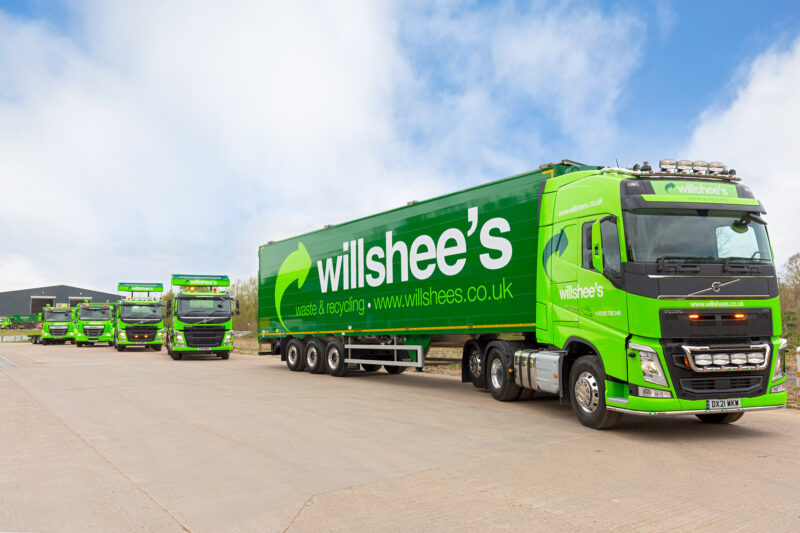
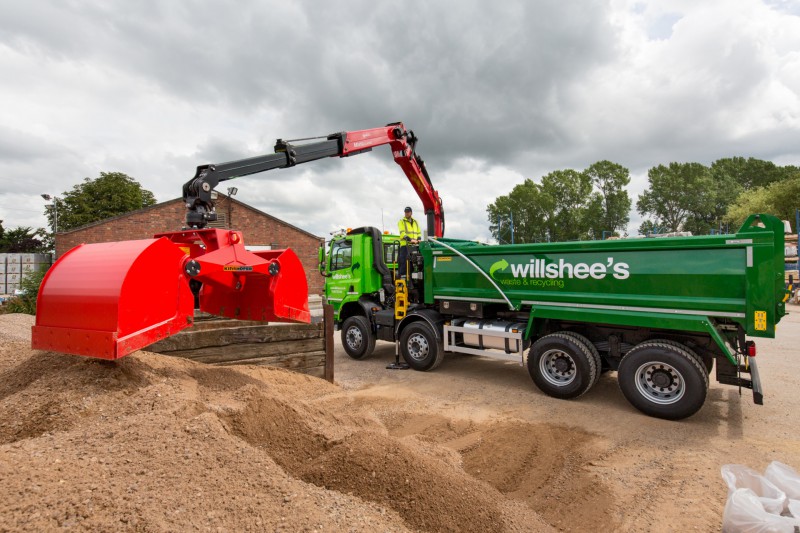


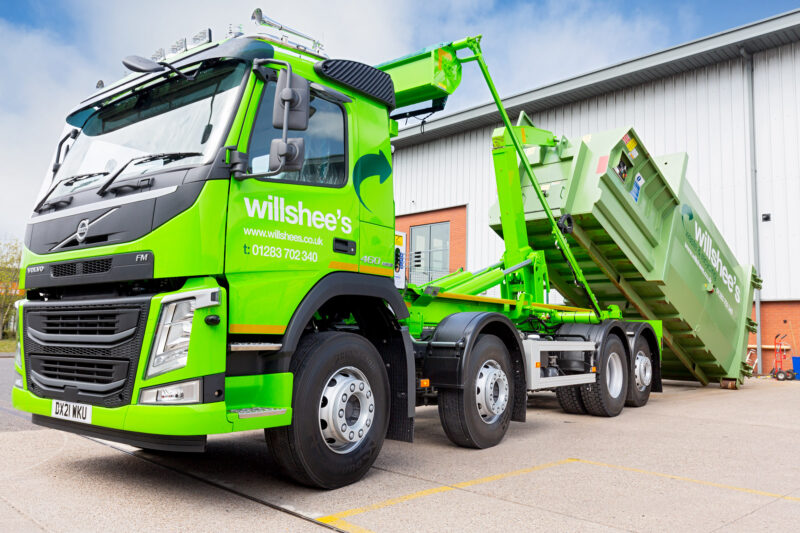
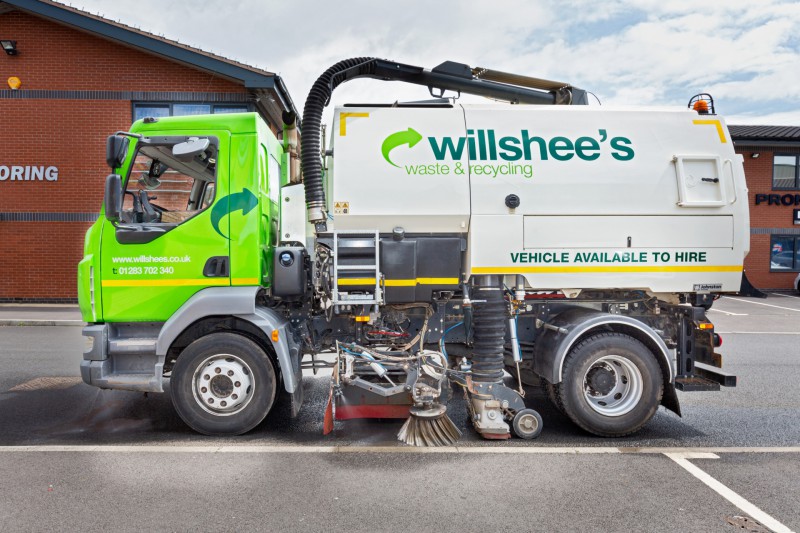
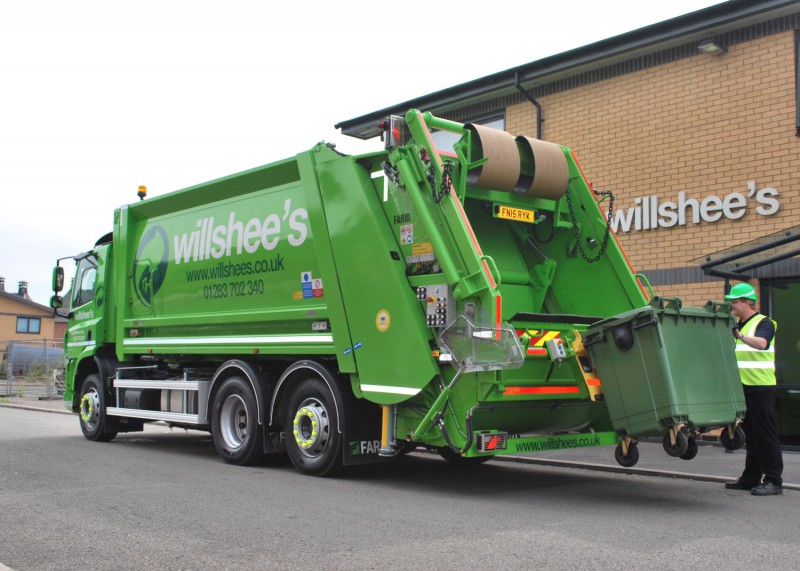
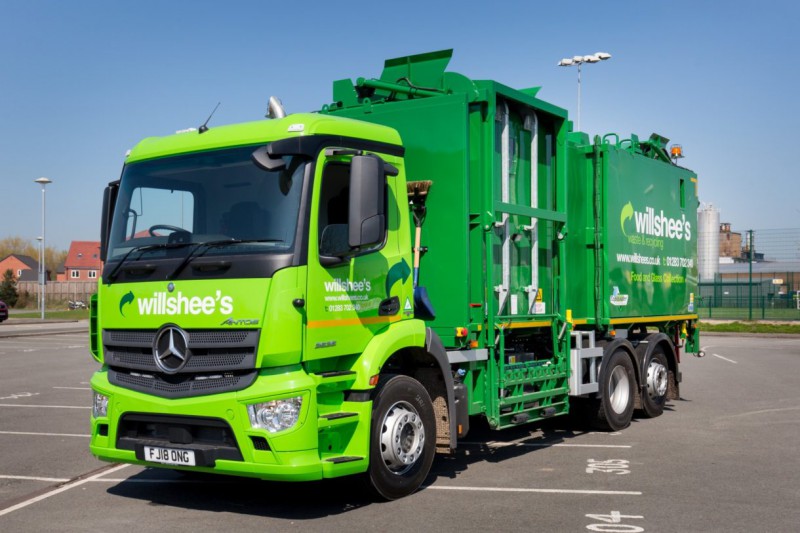
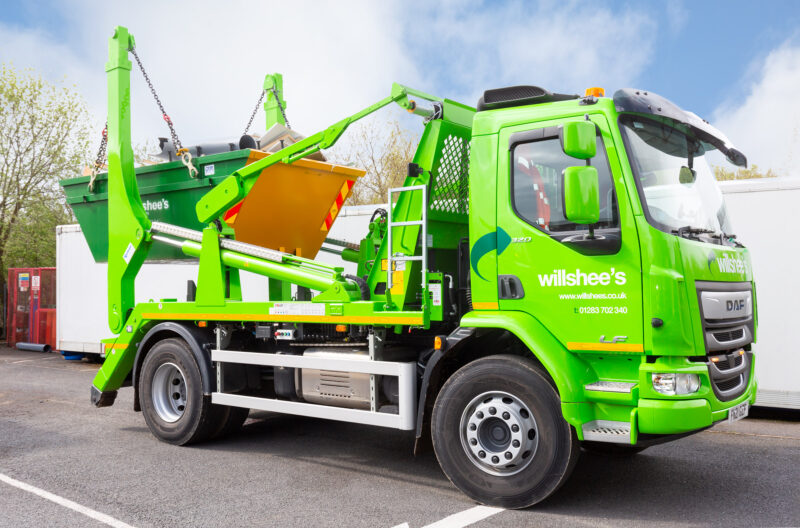
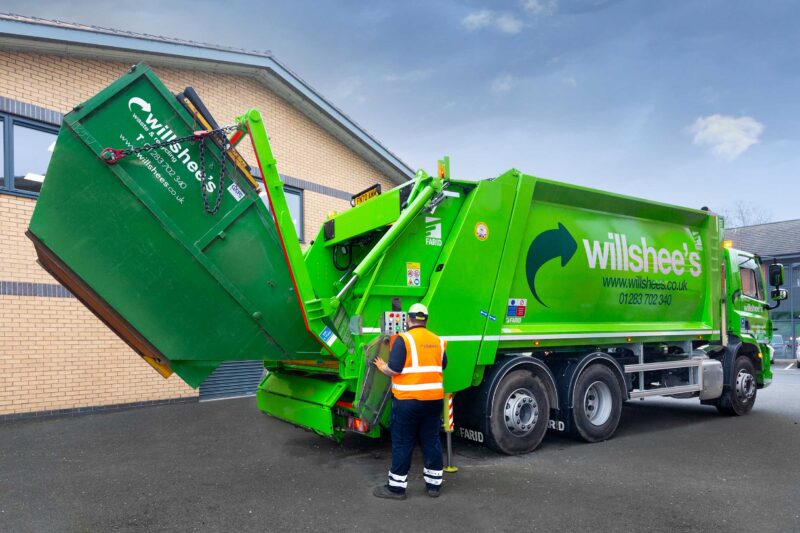



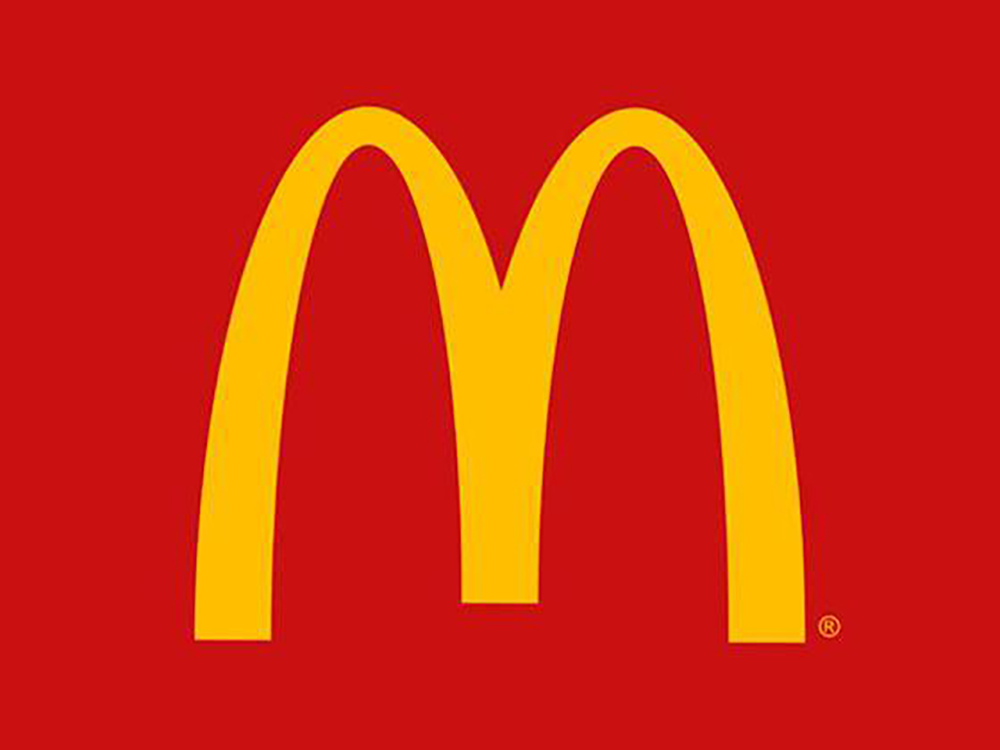


Social